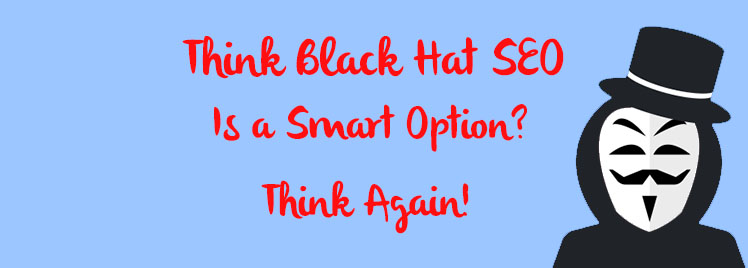-
Traffic
Get More Traffic
SponsoredLinX offers a number of different services to help drive more qualified traffic to your website. Google Ads Management Search Engine Optimisation Social Engage Marketing App Marketing Facebook Advertising Google Ads Mobile“SponsoredLinX are a rarity in today’s market place, they promise a lot but deliver more. Our business has grown by over 400% in one month; we are amazed at the difference they have made.”
-
Conversion
Convert More Leads
Our second step is making sure that your website is able to convert the traffic you receive into leads for your business. Optimising your website to convert more leads is important to a profitable campaign. Web Development Convertopages“I just want to say thank you! The changes that you have applied in our AdWords campaign have definitely seen an improvement on click quality and sales for HippityHop.”
-
Retention
Retain Your Customers
As you build up a customer base you need to make sure to keep engaged and retain your relationship. Facebook Management LinX App“SponsoredLinX fully redesigned our main company website with a fresh, clean and professional look. The ‘Google friendly’ web design were part of the fantastic ongoing service we received.”

Think Black Hat SEO Is A Smart Option? Think Again
Seriously, you DON’T want to go there
By now, most marketers are aware that Black Hat SEO isn’t a good thing. And yet still, every year Google takes action against thousands – if not millions – of people following this dodgy practice.
If you’ve caught yourself feeling tempted to join the dark world of Black Hat SEO, I certainly understand your desperation. Sometimes what is deemed ‘an easy’ way to acquire more website attention can seem alluring. But please, just don’t go there.
Before I go any further however, just what is this strange practice?
Essentially, Black Hat SEO refers to any deceptive practices that seek to increase a page’s rankings within search engine results. Sometimes people seek to achieve this by:
- Keyword stuffing: putting keywords into your copy that appear more times than what would seem natural.
- Paid links: This applies to paid gifts as well. For example, if someone gives you a gift for purchasing their links.
- Scraping: Stealing content or data from a competitor’s website, and then re-purposing that information for your own website/profit. Some also use this method to ‘scrape’ emails, in order to spam you.

- Invisible/Hidden Text: Essentially this is the same as keyword stuffing, only the user makes these keywords ‘invisible’. One way this is done is by formatting keywords in white so that they match the background page colour.
- Cloaking: A method that presents two different versions of the same website, in an attempt to boost keyword search engine ranking. For example, while the website may display one way to a viewer, an entirely different page is displayed to search engines. According to Techopedia, “in cloaking, the search engine and the user are literally not on the same page. Therefore, both the user and the search engine are being deceived.”
So, what’s the big deal?
Tempting as it may be, you should never use Black Hat SEO. Aside from the ethical dilemma, you will likely feel the wrath of Google; resulting in serious penalties to your rankings and traffic. These can last days or weeks, and can cost you hundreds, thousands, or millions of traffic hits.
Don’t believe us? Just have a look at this list of well-known companies – who knowingly, or unknowingly participated – and suffered the consequences. Including The Washington Post, WordPress, BBC and Ebay (among others), some of the ranking penalties resulted in these businesses having their page ranking dropped to zero, failing to rank for their own names for several days, and in the case of Home Depot, having many of their products dropped from the first page of search engine ranking for two months!
In other words, Black Hat SEO is a no go zone. Trust us when we say, you don’t want to go there!

